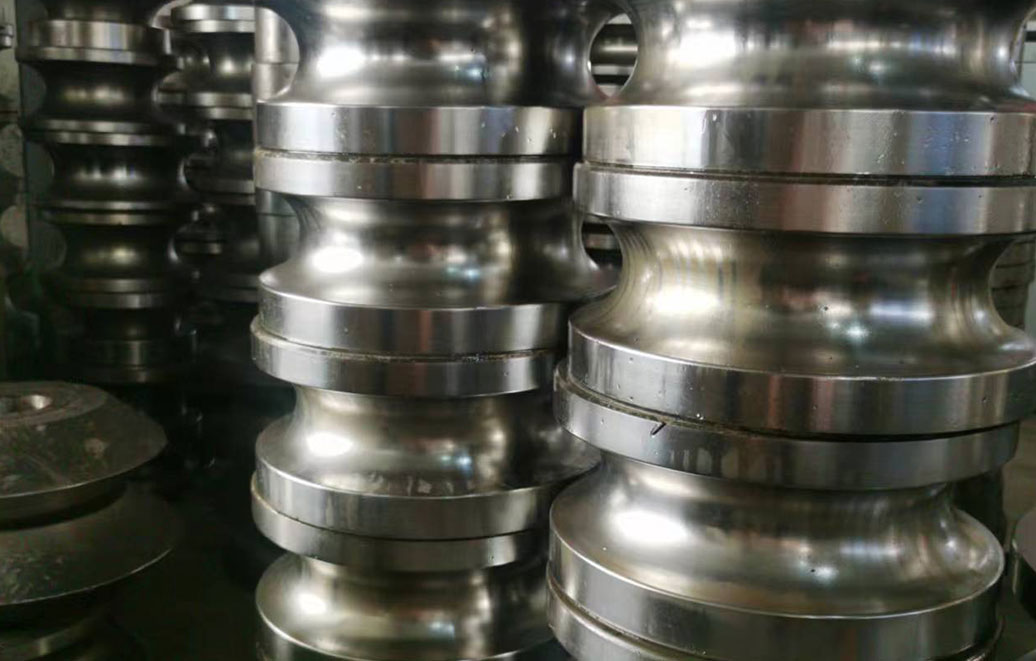Shear Strength Applications in Ironworker Construction Techniques and Safety Considerations
The Importance of Ironworker Shear in Construction
Ironworking is a crucial component of the construction industry, and among the various tools and equipment utilized by ironworkers, shear machines play a vital role. The shear is an essential tool for cutting structural steel, reinforcing bars, and other metal components into precise lengths and shapes that are necessary for constructing buildings, bridges, and other infrastructure. This article delves into the significance of ironworker shear machinery, its types, applications, and considerations for safe and effective use.
Understanding Shear Machines
A shear machine is designed to cut metal sheets and strips using a razor-sharp blade. In the context of ironworking, shears are used predominantly to cut large steel plates and other forms of metal into specific sizes for various construction applications. There are different types of shears used in the industry, including hydraulic shears, mechanical shears, and CNC shears. Each type has its advantages, depending on the scale of operation and the specific requirements of the job.
Hydraulic shears, for instance, offer significant power and can cut thick materials with precision. They rely on hydraulic systems to generate force, making them suitable for large-scale projects where heavy-duty performance is required. Mechanical shears, on the other hand, utilize mechanical linkages and are often employed in smaller operations for moderate cutting tasks. CNC (Computer Numerical Control) shears provide high precision and automation, allowing for complex cuts and patterns, which can significantly enhance productivity and reduce waste.
Applications in Construction
The application of ironworker shear extends across various sectors within the construction industry. One of the primary uses is in the fabrication of steel components. When constructing a building, for instance, steel beams and columns must be cut to specific lengths, which is where shears come into play. The ability to cut accurately ensures that the structural integrity and safety of the building are maintained.
ironworker shear

Moreover, shears are essential in the preparation of rebar for concrete reinforcement. Rebar must be cut and bent into precise shapes to provide the necessary support for concrete structures. With the use of shear machines, ironworkers can efficiently cut rebar to the required sizes, thereby speeding up the construction process and ensuring that the reinforcing bars fit perfectly within the concrete molds.
Safety Considerations
While ironworker shears are powerful and essential tools for construction, they also pose risks if not used correctly. Safety considerations should always be a priority when operating shear machinery. It is imperative for operators to undergo proper training and adhere to safety protocols. Personal protective equipment (PPE), including gloves, goggles, and steel-toed boots, should be worn at all times to mitigate the risk of injury.
Regular maintenance of shear machines is also crucial to prevent malfunctions that could lead to accidents. Operators should routinely inspect blades for dullness and damages, ensuring that any needed repairs or replacements are conducted promptly. Furthermore, maintaining a clean and organized workspace can significantly reduce the chances of accidents occurring during operations.
Conclusion
In conclusion, ironworker shear machines are indispensable in the realm of construction. Their ability to cut metal with precision not only enhances the efficiency of construction projects but also plays a significant role in ensuring structural integrity. Understanding the different types of shears and their applications can help ironworkers choose the right tools for their specific tasks. However, the importance of safety cannot be overstated; appropriate training, regular maintenance, and the use of protective equipment are crucial in minimizing risks associated with shear operations. As the construction industry continues to evolve, the role of shears will remain critical in shaping the structures of tomorrow.
-
High Frequency Straight Seam Welded Pipe Production Line-BzZhou Xinghua Machinery Equipment Manufacturing Co., LTD.|line pipe steel&welded gas pipeNewsJul.30,2025
-
High Frequency Straight Seam Welded Pipe Production Line-BzZhou Xinghua Machinery Equipment Manufacturing Co., LTD.|High Precision&Automated SolutionsNewsJul.30,2025
-
High Frequency Straight Seam Welded Pipe Production Line - BzZhou Xinghua Machinery Equipment Manufacturing Co., Ltd.NewsJul.30,2025
-
High Frequency Straight Seam Welded Pipe Production Line-BzZhou Xinghua Machinery Equipment Manufacturing Co., LTD.|Precision Welding, High EfficiencyNewsJul.30,2025
-
High Frequency Straight Seam Welded Pipe Production Line|BzZhou Xinghua|Precision Welding&EfficiencyNewsJul.30,2025
-
High Frequency Straight Seam Welded Pipe Production Line - BzZhou Xinghua|Precision Engineering&EfficiencyNewsJul.30,2025


